Think like a Historian, Imagine like a Designer: A Conversation on Landscape History and Design Education
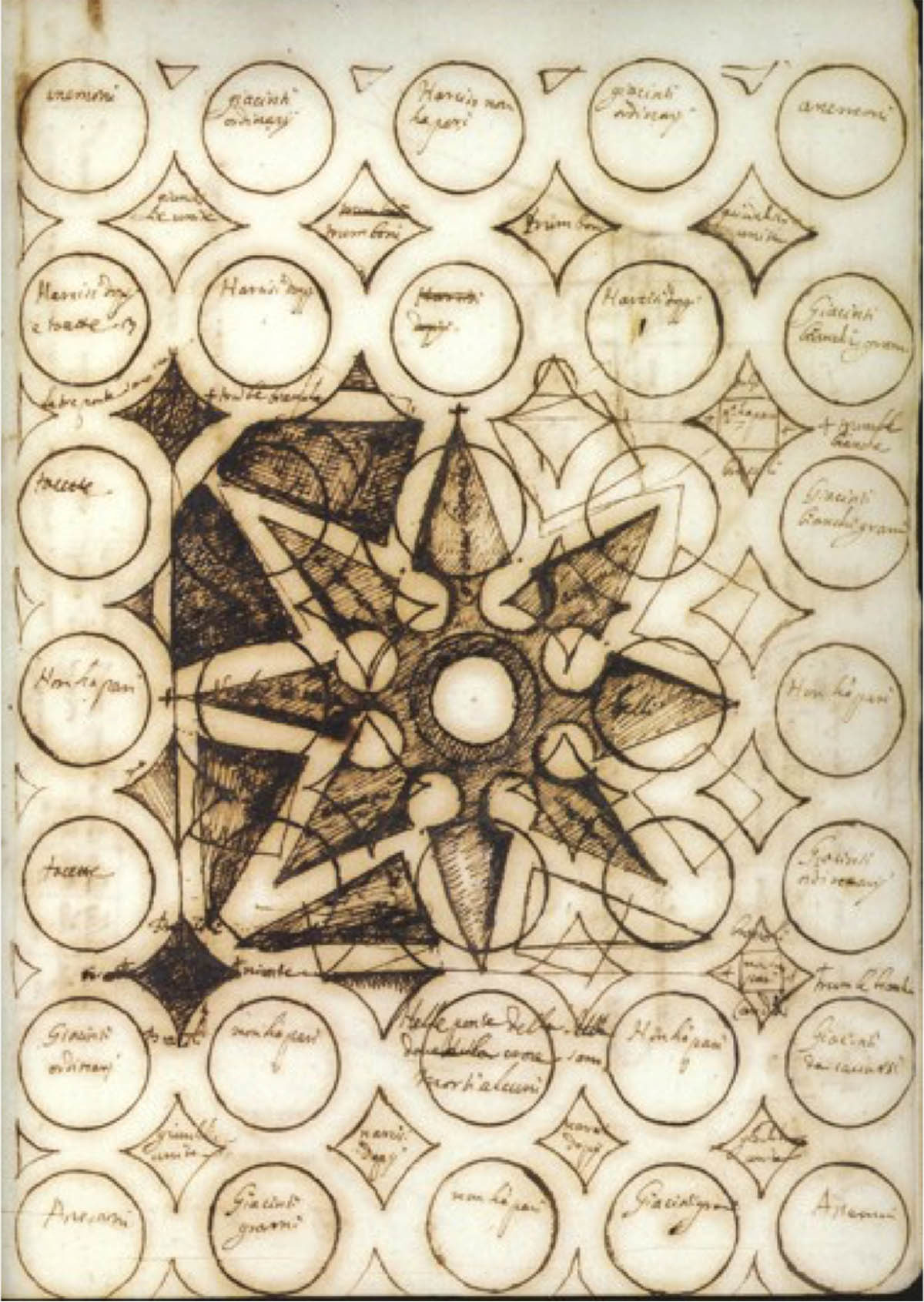
The GSD’s Spring 2021 Public Programs are all virtual and require registration.
Event Description
History is a manner of thinking about the world, grounded in the places we design, construct, and inhabit. Design offers the opportunity to re-imagine the world around us, today and for the future. We might draw from history, or draw upon it; certainly, it is to be hoped that we are drawn to it, as designers and historians. The purpose of landscape history—not reducible to memory nor timelines nor styles—is to produce and share knowledge of how we have come to be who and where we are. We will gather across studios we collectively inhabit to draw attention to and lessons from the design of history. We will investigate the relationship of history as a craft and design as a mode of inquiry. As landscape historians who have chosen to teach and do their scholarship within the GSD and Harvard design community, we investigate the role of history and its methods and narratives in the understanding of place and cultural relationships to site and landscape. By thinking like a historian, designers might re-imagine both their future and our collective future.
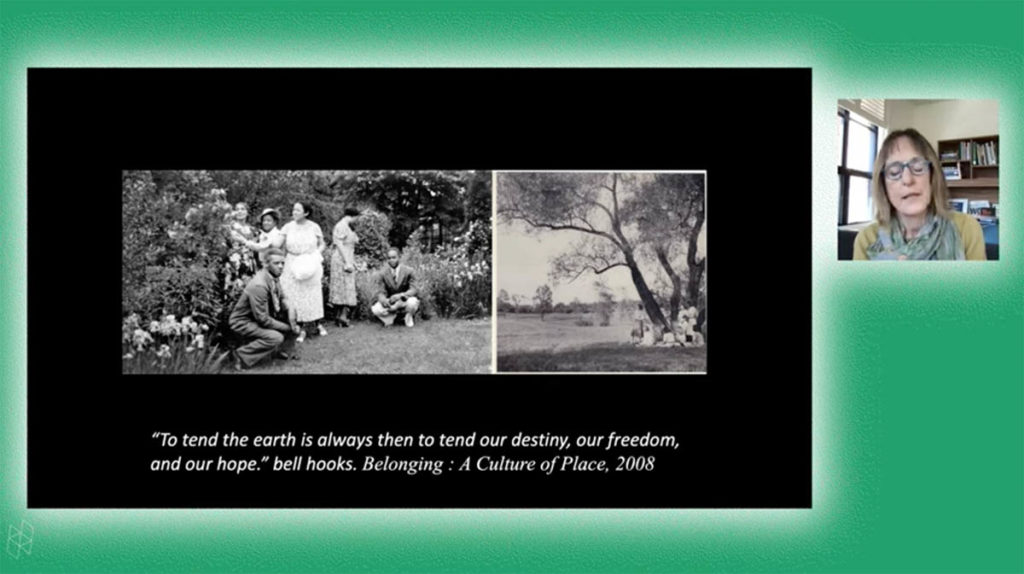
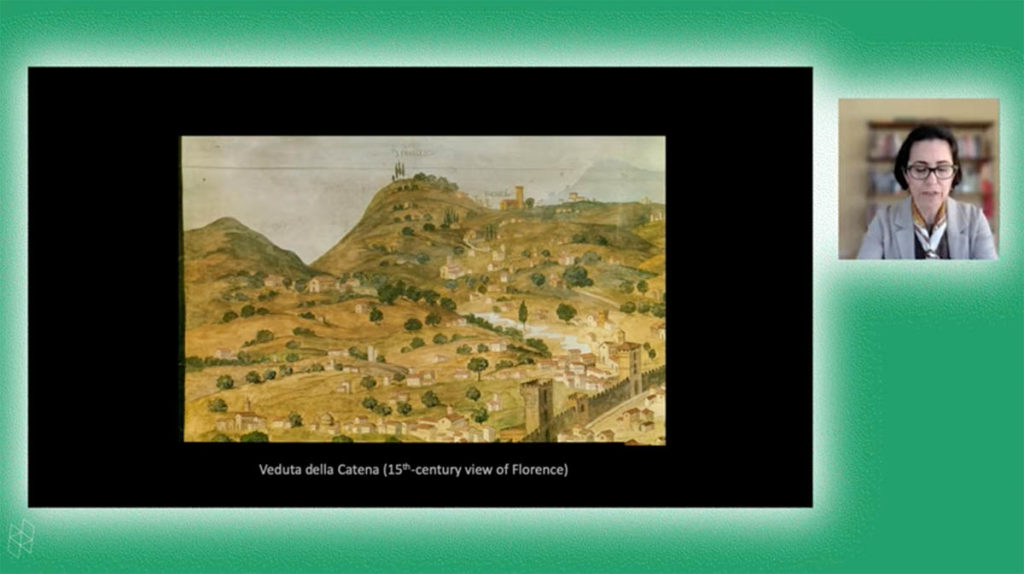
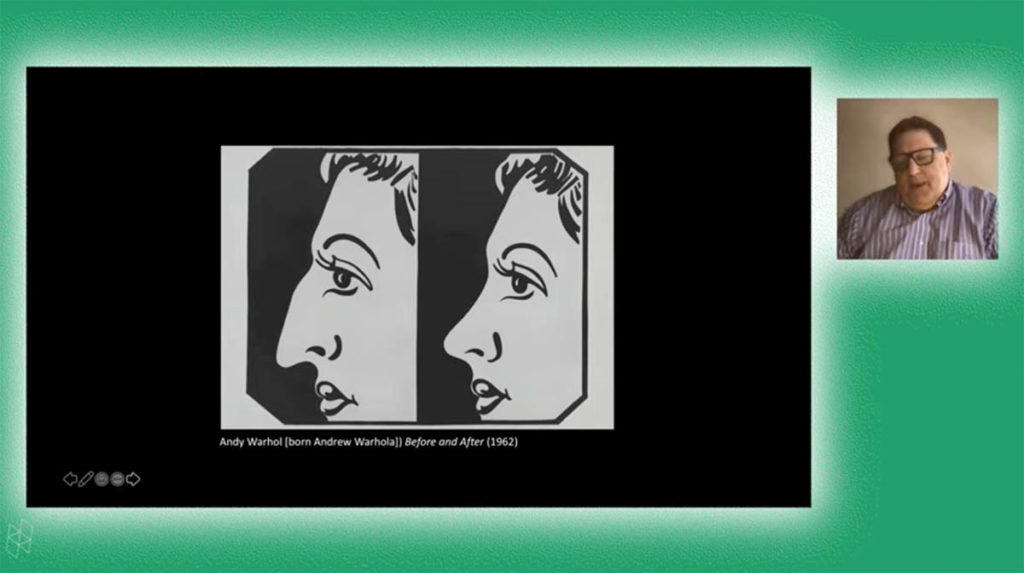
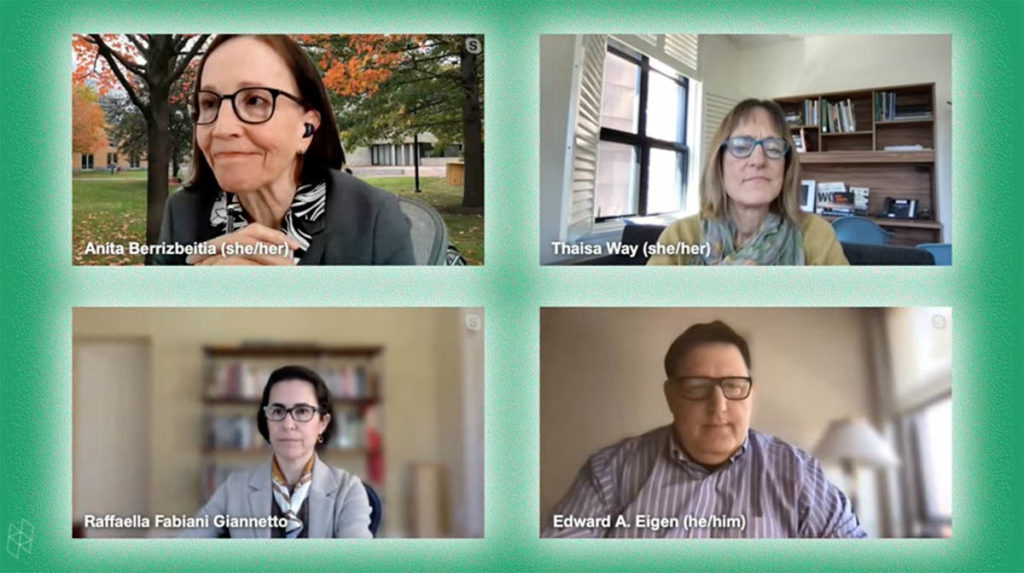
Speakers
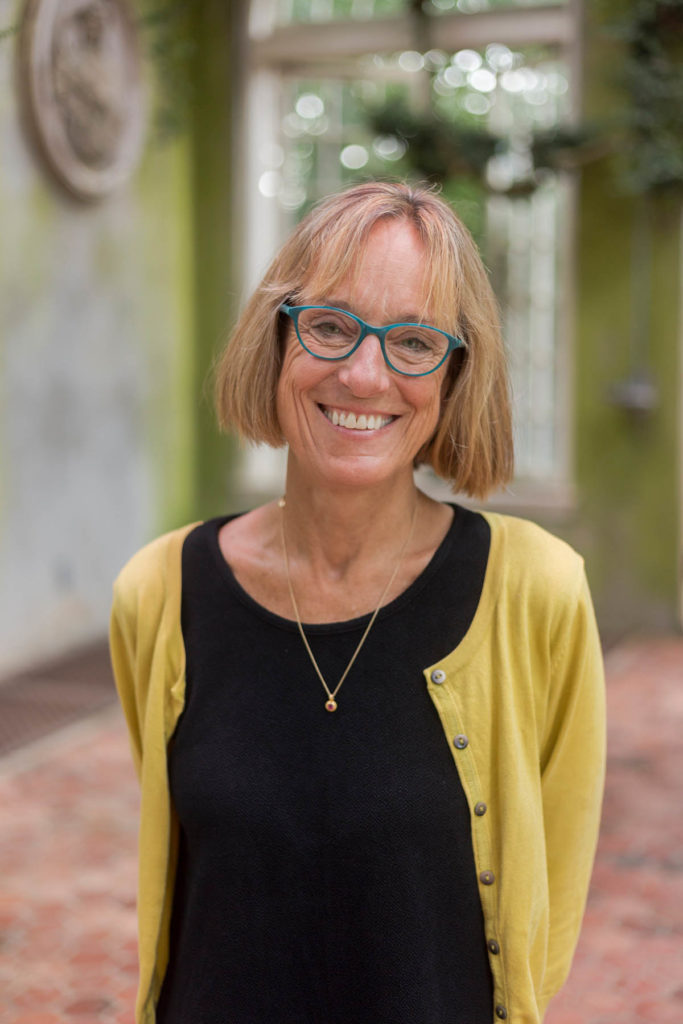 Thaisa Way is the Program Director for Garden & Landscape Studies at Dumbarton Oaks Research Library and Collection, a Harvard University research institution located in Washington DC. She teaches and researches history, theory, and design in the College of Built Environments, University of Washington. She was awarded the Rome Prize in Landscape Architecture at the American Academy in Rome in 2016. Dr. Way’s publications focus on questions of history, gender, and shaping the landscape. Her book, Unbounded Practices: Women, Landscape Architecture, and Early Twentieth Century Design (2009, University of Virginia Press) was awarded the J.B. Jackson Book Award. Her book From Modern Space to Urban Ecological Design: the Landscape Architecture of Richard Haag (UW Press 2015) explores post-industrial cities and the practice of landscape architecture. She co-edited a book with Ken Yocom, Ben Spencer, and Jeff Hou, Now Urbanism: The Future City is Here (Routledge 2014). River Cities/ City Rivers (Harvard Press 2018) is a collection of essays contributing to urban environmental history. Her latest book is GGN 1999-2018 (Timber Press, 2018). Dr. Way is focused on a broad effort to challenge the canon of landscape architecture to engage with the inscriptions of race, gender, and class on the profession, practice, and pedagogy of the field.
Thaisa Way is the Program Director for Garden & Landscape Studies at Dumbarton Oaks Research Library and Collection, a Harvard University research institution located in Washington DC. She teaches and researches history, theory, and design in the College of Built Environments, University of Washington. She was awarded the Rome Prize in Landscape Architecture at the American Academy in Rome in 2016. Dr. Way’s publications focus on questions of history, gender, and shaping the landscape. Her book, Unbounded Practices: Women, Landscape Architecture, and Early Twentieth Century Design (2009, University of Virginia Press) was awarded the J.B. Jackson Book Award. Her book From Modern Space to Urban Ecological Design: the Landscape Architecture of Richard Haag (UW Press 2015) explores post-industrial cities and the practice of landscape architecture. She co-edited a book with Ken Yocom, Ben Spencer, and Jeff Hou, Now Urbanism: The Future City is Here (Routledge 2014). River Cities/ City Rivers (Harvard Press 2018) is a collection of essays contributing to urban environmental history. Her latest book is GGN 1999-2018 (Timber Press, 2018). Dr. Way is focused on a broad effort to challenge the canon of landscape architecture to engage with the inscriptions of race, gender, and class on the profession, practice, and pedagogy of the field.
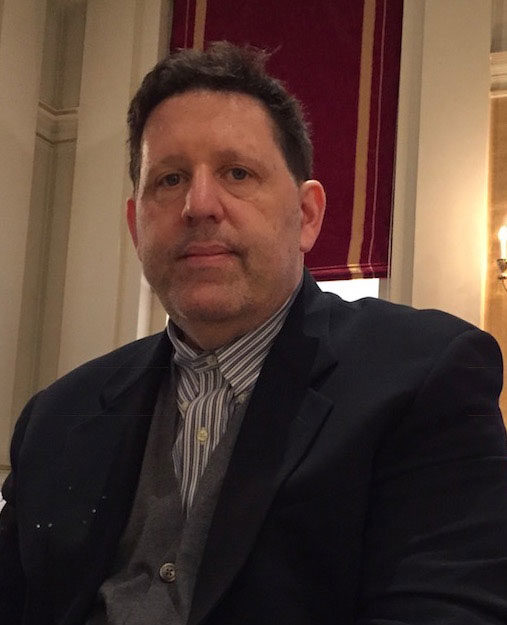 Edward A. Eigen is Senior Lecturer in the History of Landscape and Architecture at the Harvard University Graduate School of Design. A historian of the long nineteenth century, in the European and Anglo-American contexts, his research and teaching focus on relationships in and between humanistic and scholarly traditions and the natural sciences and allied practices of knowledge production. With a background in art history, a professional training in design, and a doctorate in the history and theory of architecture from MIT, he is at home with and seeks to productively defamiliarize images, texts, and topographies of intricate description. A proponent of the Montaignian essay tradition, his writings, while ultimately grounded in the uncertain terrain of “landscape,” have ranged from questions of botanical and zoological systematics, the creation and loss of great and not so great museums and libraries, the history of the weather, and acts of plagiarism in the founding documents of architecture theory. All of these studies engage in questions of historical narrative and the species of evidence upon which it depends and/or invents along the way.
Edward A. Eigen is Senior Lecturer in the History of Landscape and Architecture at the Harvard University Graduate School of Design. A historian of the long nineteenth century, in the European and Anglo-American contexts, his research and teaching focus on relationships in and between humanistic and scholarly traditions and the natural sciences and allied practices of knowledge production. With a background in art history, a professional training in design, and a doctorate in the history and theory of architecture from MIT, he is at home with and seeks to productively defamiliarize images, texts, and topographies of intricate description. A proponent of the Montaignian essay tradition, his writings, while ultimately grounded in the uncertain terrain of “landscape,” have ranged from questions of botanical and zoological systematics, the creation and loss of great and not so great museums and libraries, the history of the weather, and acts of plagiarism in the founding documents of architecture theory. All of these studies engage in questions of historical narrative and the species of evidence upon which it depends and/or invents along the way.
Eigen was an assistant professor at the Princeton University School of Architecture, where he was an Old Dominion Faculty Fellow, and the recipient of a university-wide graduate mentoring award, and the David A. Gardner ’69 Magic Grant for his research on architectural machines. His article on the prestidigitator Robert-Houdin’s invention of the doorbell will appear as “Controlling: Comfort in the Modern Home,” in Architecture and Technics: A Theoretical Field Guide to Practice. At the GSD, Eigen co-organized the colloquium “Claiming Landscape as Architecture,” which appeared as a special issue of Studies in the History of Gardens & Designed Landscapes, of which he is an Associate Editor. His recent book, On Accident: Episodes in Architecture and Landscape (MIT Press), seeks to reclaim and provide forms of interpretability for unfamiliar incidents and artifacts that fall outside the canon. His current monograph project, Beyond the Rose Garden, examines real and emblematic landscapes and architectures associated with the administrations of Presidents Kennedy, Johnson, Nixon, and Ford, including the “grassy knoll,” the Highway Beautification Act, Watergate, and the Bicentennial Time Capsule.
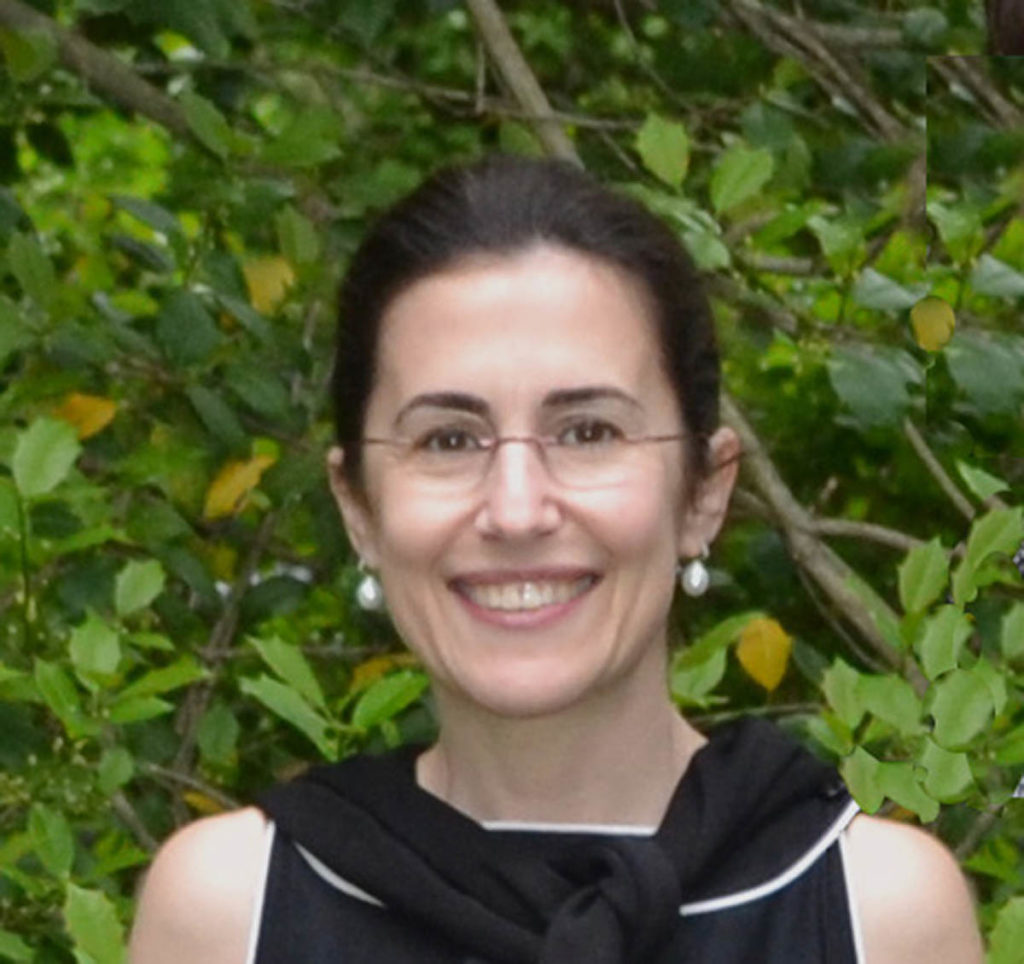 Raffaella Fabiani Giannetto is a garden historian and critic. She is the editor of The Culture of Cultivation: Recovering the Roots of Landscape Architecture (2020) and of Foreign Trends in American Gardens: A History of Exchange, Adaptation, and Reception (2017). In 2010 Fabiani Giannetto received the Society of Architectural Historians’ Elisabeth Blair MacDougall Book of the Year Award for her first monograph, Medici Gardens: From Making to Design (2008). In the book she questions the origin of a design process that is often taken for granted and casts doubt on the existence of the Italian garden as a timeless and consistent type, an issue which she continues to explore in her most recent manuscript, Georgic Grounds and Gardens from the Mediterranean to the Atlantic World, which examines the transmission, translation and adaptation of agricultural, horticultural and design knowledge from early modern Veneto to colonial America.
Raffaella Fabiani Giannetto is a garden historian and critic. She is the editor of The Culture of Cultivation: Recovering the Roots of Landscape Architecture (2020) and of Foreign Trends in American Gardens: A History of Exchange, Adaptation, and Reception (2017). In 2010 Fabiani Giannetto received the Society of Architectural Historians’ Elisabeth Blair MacDougall Book of the Year Award for her first monograph, Medici Gardens: From Making to Design (2008). In the book she questions the origin of a design process that is often taken for granted and casts doubt on the existence of the Italian garden as a timeless and consistent type, an issue which she continues to explore in her most recent manuscript, Georgic Grounds and Gardens from the Mediterranean to the Atlantic World, which examines the transmission, translation and adaptation of agricultural, horticultural and design knowledge from early modern Veneto to colonial America.
Fabiani Giannetto’s research has been supported by two fellowships at Dumbarton Oaks, the American Philosophical Society, the Mellon Foundation and a National Endowment for the Humanities fellowship awarded by the Folger Shakespeare Library. She has served as member of the editorial board of the journal Studies in the History of Gardens and Designed Landscapes and has lectured in Switzerland, Germany, Italy, England, and the United States.
How to Join
The event will also be live streamed to the GSD’s YouTube page. Only viewers who are attending the lecture via Zoom will be able to submit questions for the Q+A. If you would like to submit questions for the speakers in advance of the event, please click here.
Anyone requiring accessibility accommodations should contact the Public Programs Office at (617) 496-2414 or [email protected].
#GSDEVENTS